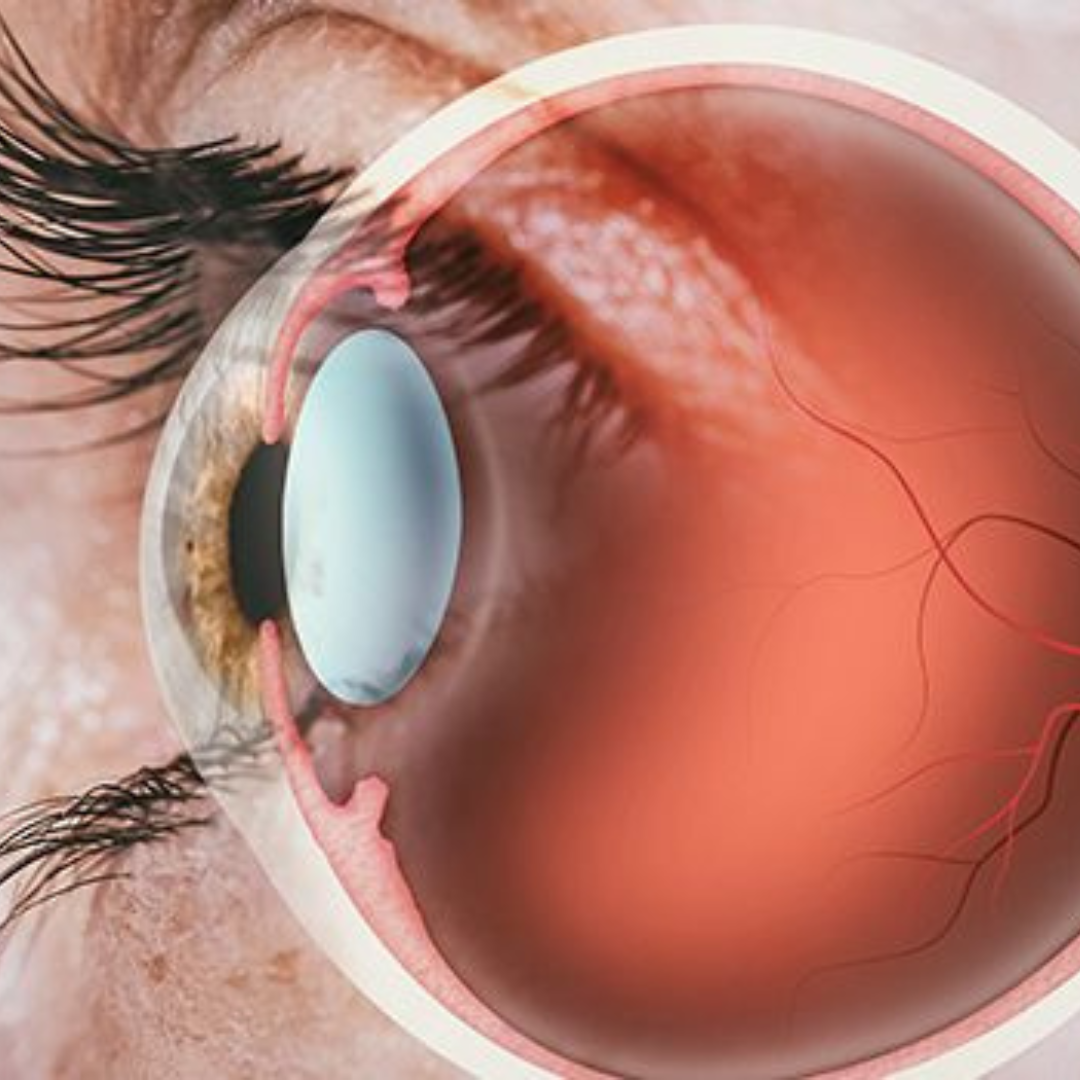
Our Treatments
Diagnosis and Management of Retinal Disorders
Retinal disorders are a group of eye conditions that can affect the function and structure of the retina. They can cause visual impairment and even blindness if left untreated. At Ashish Surgical & Medical Eye Care Hospital in Vadodara, patients with retinal disorders receive comprehensive diagnostic and management services.
Introduction
The retina is a thin layer of tissue at the back of the eye that senses light and sends signals to the brain. Retinal disorders can result from various factors, such as genetic mutations, aging, trauma, and infections. Some common retinal disorders include age-related macular degeneration, diabetic retinopathy, retinal detachment, and retinitis pigmentosa. Prompt diagnosis and treatment are crucial in preventing or slowing down vision loss.
Diagnosis of Retinal Disorders
The diagnosis of retinal disorders usually involves a comprehensive eye exam, including a dilated fundus examination, visual acuity test, and imaging tests. The ophthalmologist may also perform electrophysiology tests, such as electroretinography and visual evoked potentials, to evaluate the function of the retina and optic nerve. In some cases, a genetic test may be necessary to identify inherited retinal disorders.
Dilated Fundus Examination
A dilated fundus examination involves the use of eye drops to dilate the pupils and allow the ophthalmologist to examine the inside of the eye, including the retina, optic nerve, and blood vessels. The doctor may use a special lens to examine the retina in detail.
Imaging Tests
Imaging tests, such as optical coherence tomography (OCT), fluorescein angiography (FA), and indocyanine green angiography (ICG), can provide detailed images of the retina and its blood supply. OCT is a non-invasive imaging test that uses light waves to capture cross-sectional images of the retina. FA and ICG are invasive tests that involve injecting a dye into the bloodstream to visualize the blood vessels in the retina.
Management of Retinal Disorders
The management of retinal disorders depends on the underlying cause and severity of the condition. Some common treatment options include medications, laser therapy, surgery, and photodynamic therapy.
Medications
Medications, such as anti-VEGF drugs, steroids, and antibiotics, may be used to treat various retinal disorders. Anti-VEGF drugs, such as ranibizumab and bevacizumab, are commonly used to treat age-related macular degeneration and diabetic retinopathy. Steroids, such as dexamethasone and triamcinolone, may be used to reduce inflammation in the retina. Antibiotics, such as azithromycin and ciprofloxacin, may be used to treat infections.
Laser Therapy
Laser therapy, such as photocoagulation and photodynamic therapy, may be used to seal leaking blood vessels in the retina, destroy abnormal blood vessels, or treat retinal tears or detachment.
Surgery
Surgery may be necessary to repair retinal detachment or remove scar tissue in the retina. Some common retinal surgeries include vitrectomy, scleral buckle surgery, and pneumatic retinopexy.
Ashish Surgical & Medical Eye Care Hospital
Ashish Surgical & Medical Eye Care Hospital in Vadodara provides state-of-the-art diagnostic and management services for patients with retinal disorders. The hospital has a team of experienced ophthalmologists and retina specialists who use the latest technology and techniques to diagnose and treat retinal disorders. The hospital is equipped with OCT, FA, and ICG machines to provide accurate and detailed imaging of the retina. Contact Now!Make Appointment
"Experience Compassionate Care from Our Skilled and Friendly Eye Specialists"